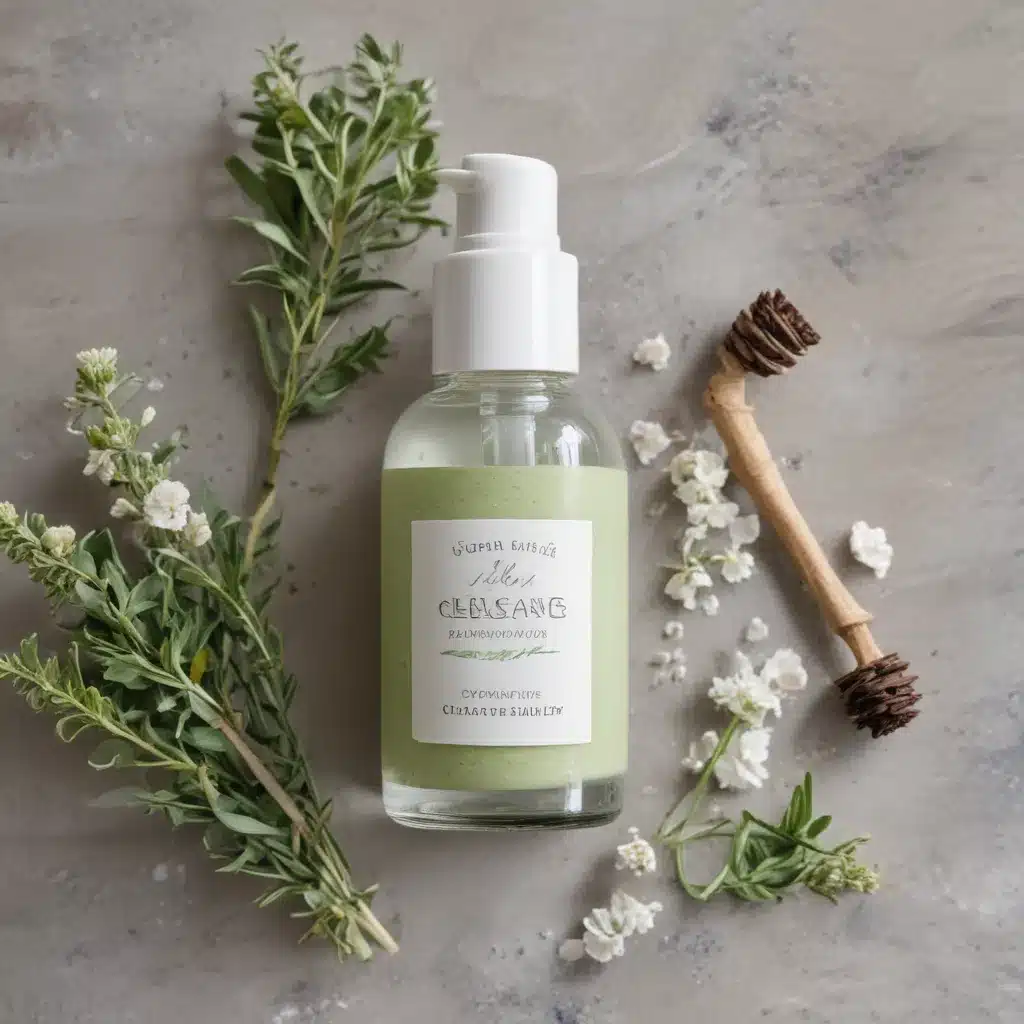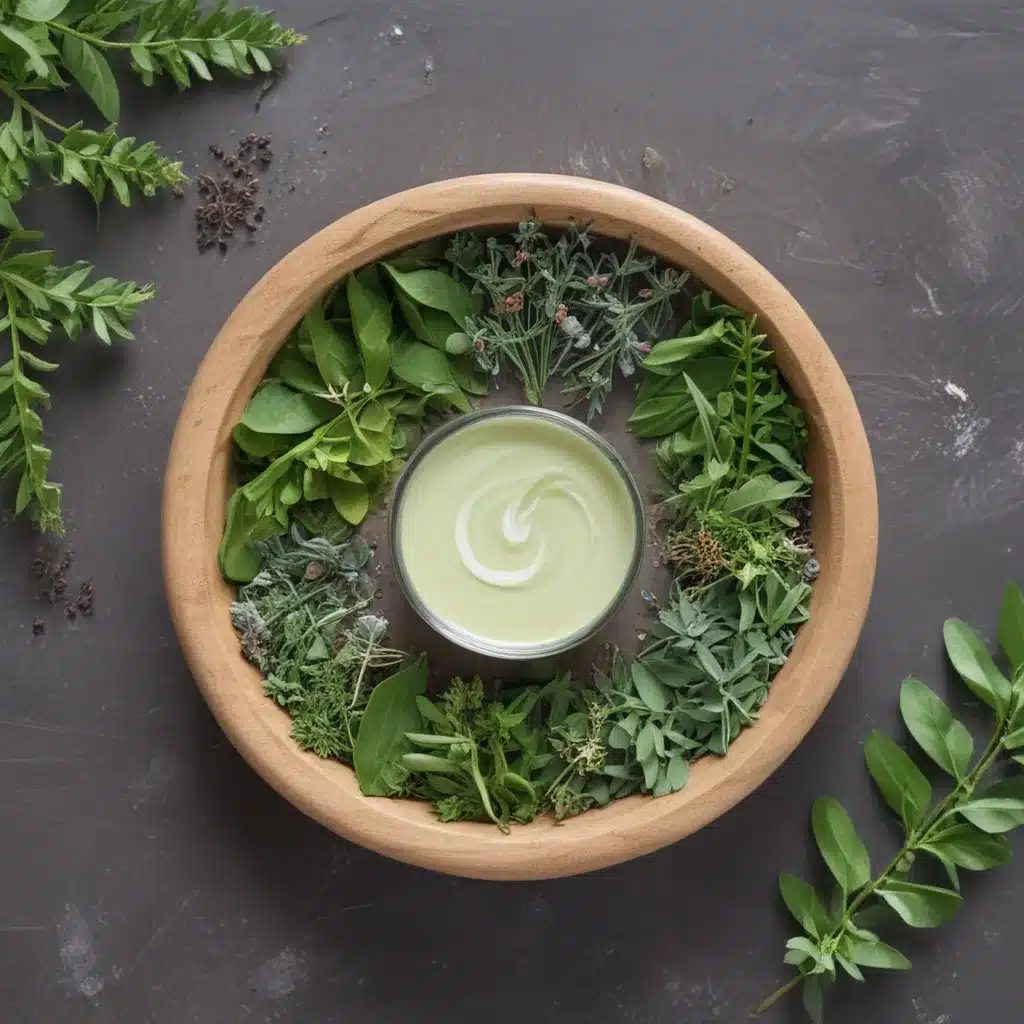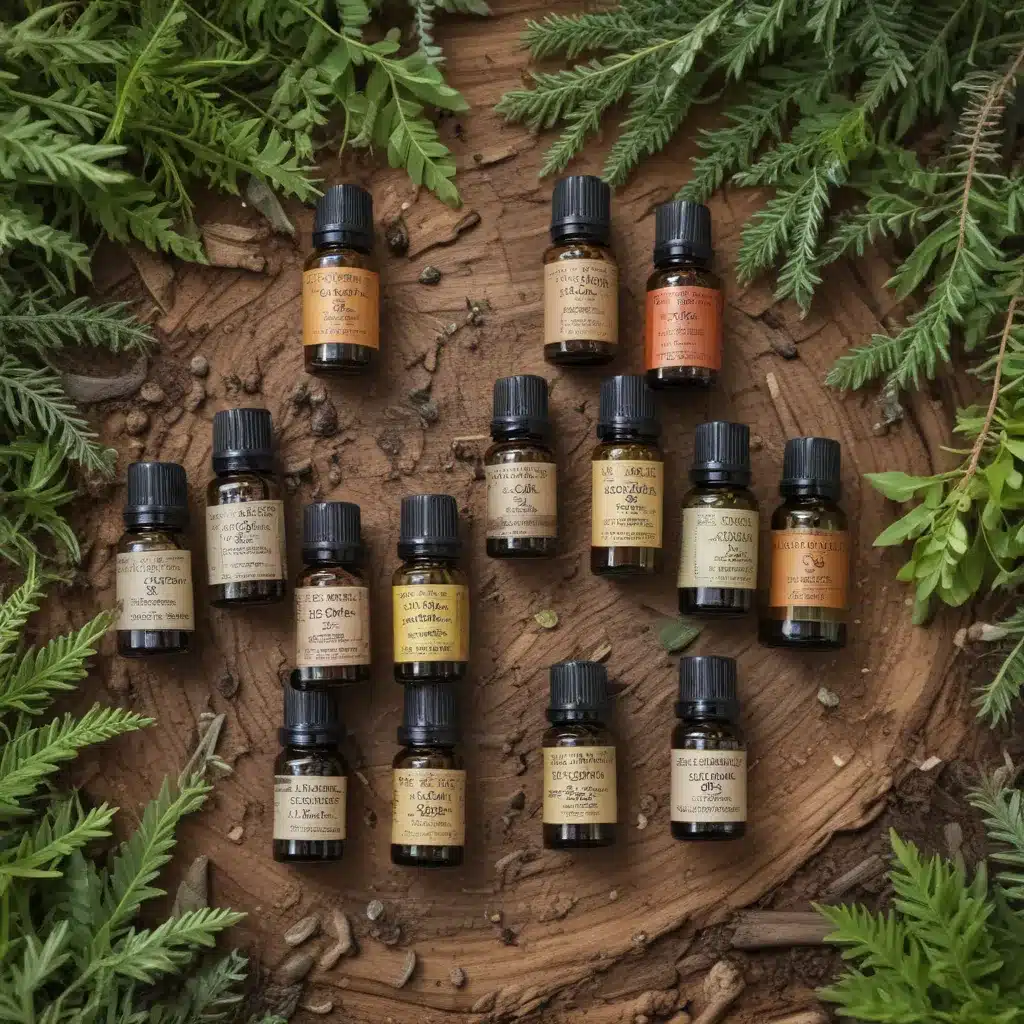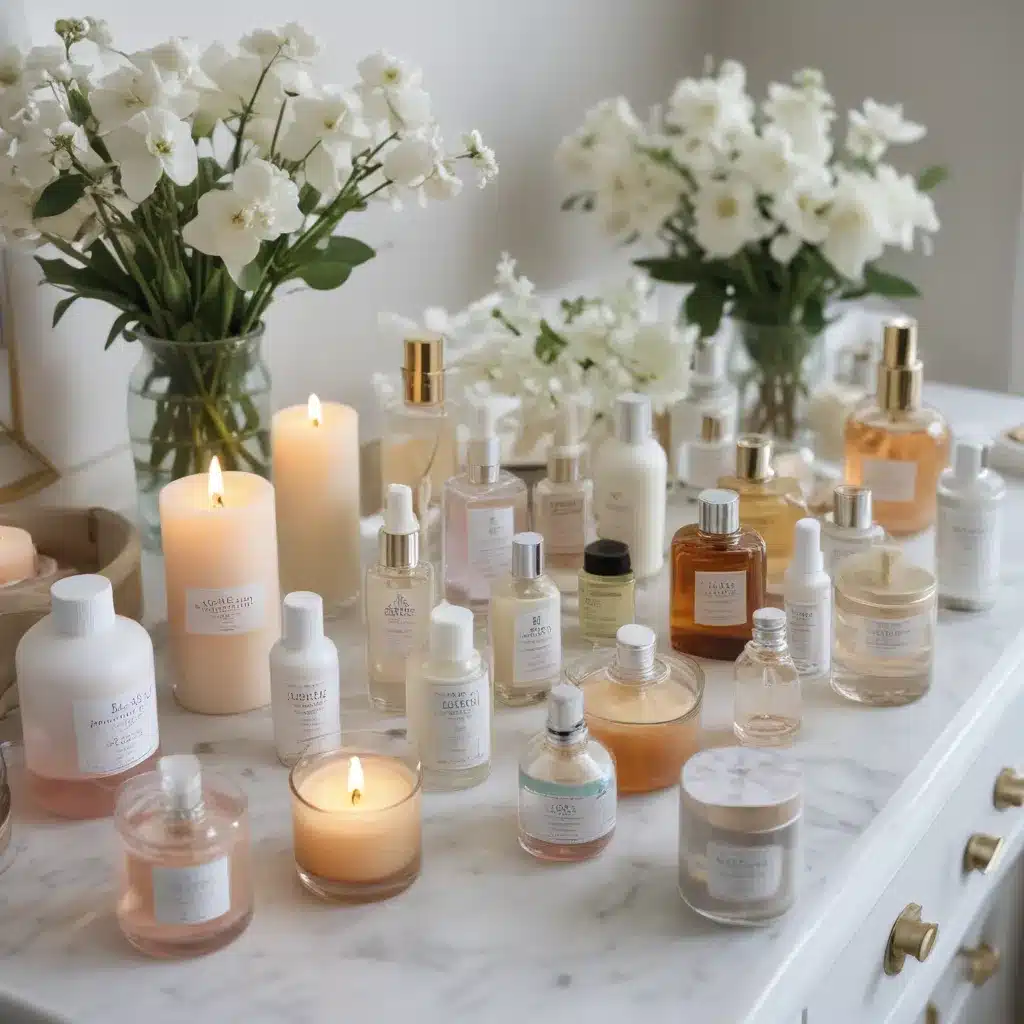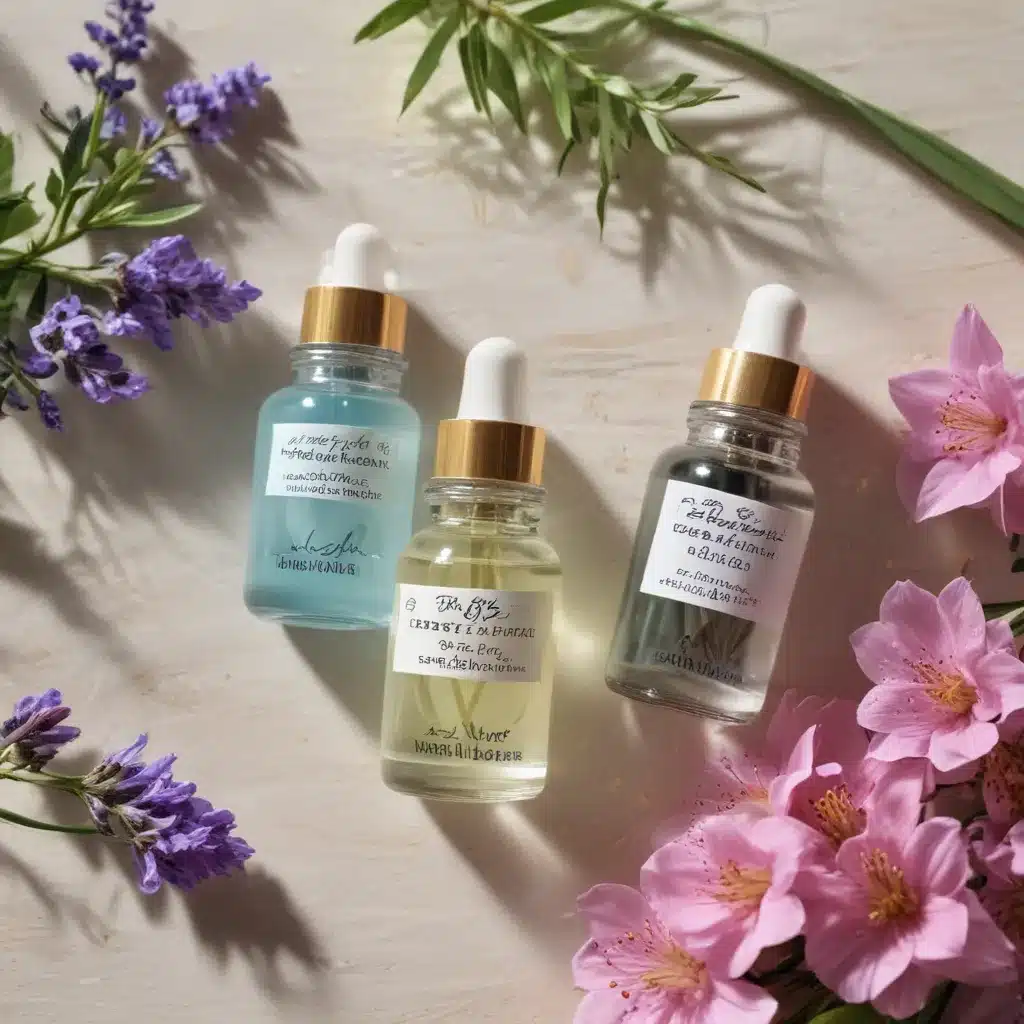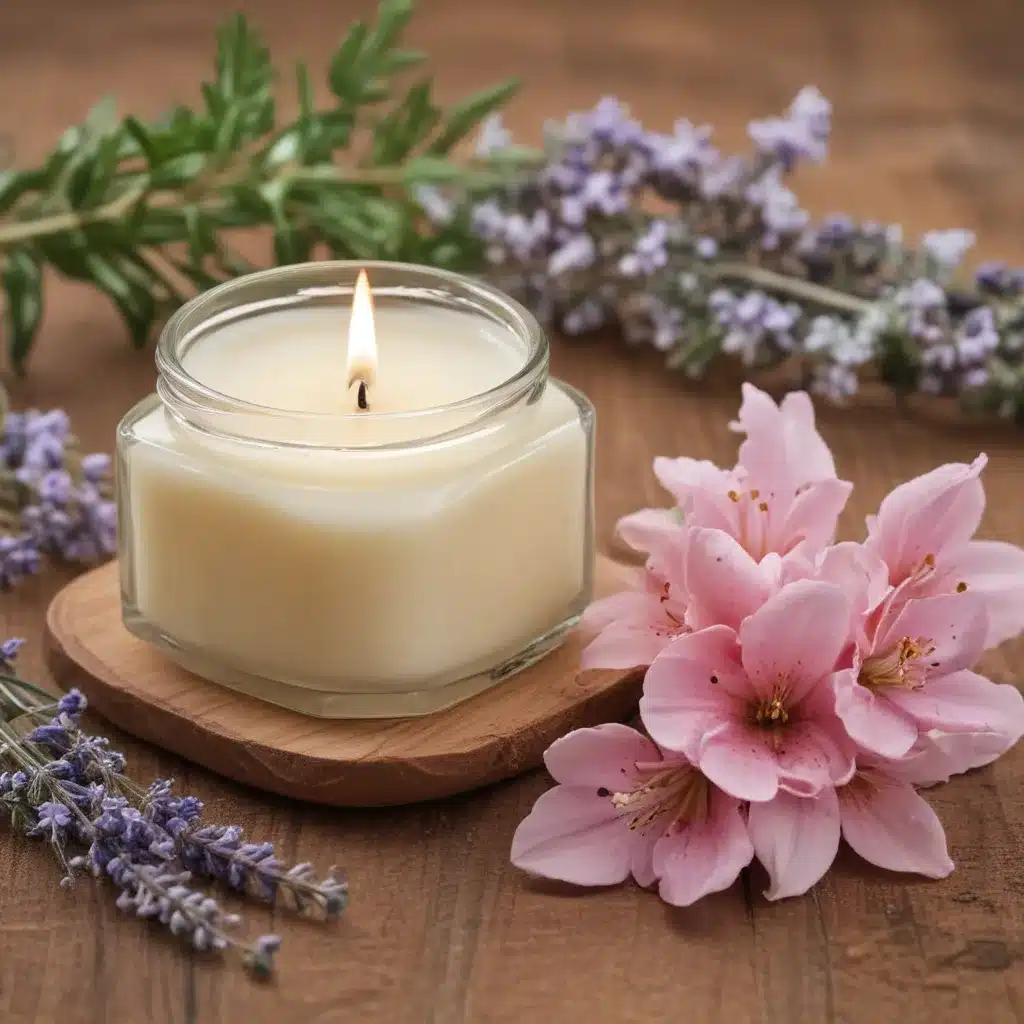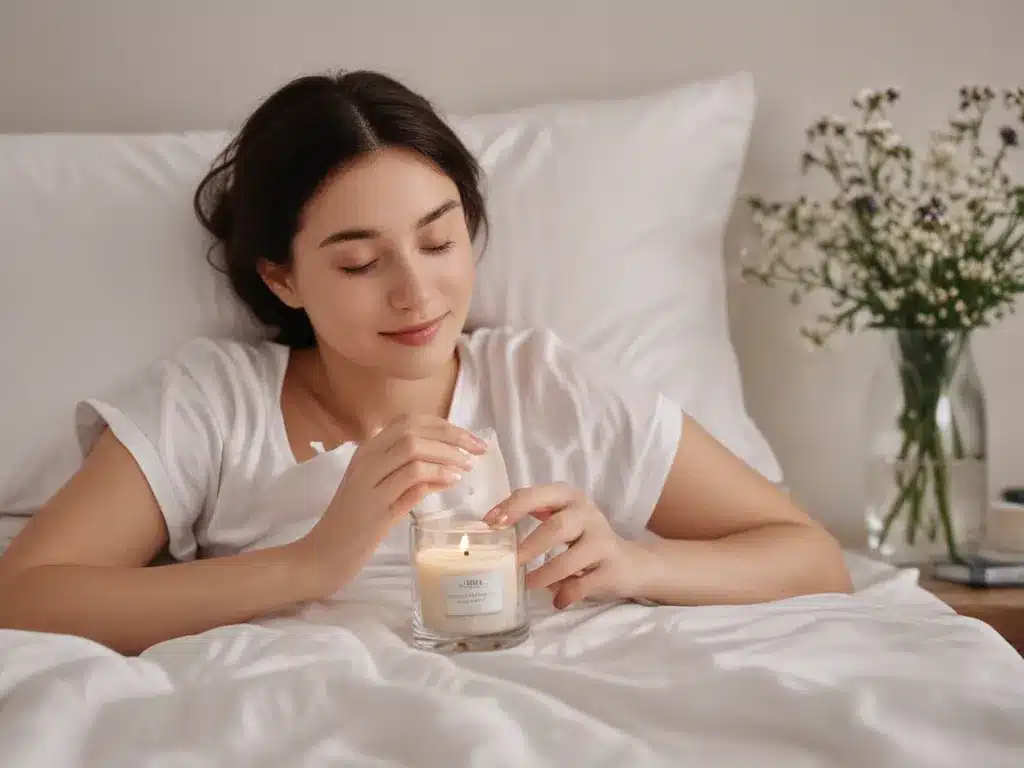
The Power of Aromatherapy for Better Sleep
As someone who has struggled with sleep issues, I have found that incorporating aromatherapy into my bedtime routine has made a significant difference in the quality of my rest. The power of scent is often underestimated, but it can have a profound effect on our emotional and physical well-being. When we inhale certain essential oils, the olfactory receptors in our nose send signals to the limbic system in our brain, which is responsible for regulating emotions, memories, and even our sleep-wake cycle.
One of the most well-known essential oils for promoting relaxation and sleep is lavender. This fragrant herb has been used for centuries to calm the mind and body, and modern research has confirmed its effectiveness. A study published in the Journal of Alternative and Complementary Medicine found that inhaling lavender oil before bed improved sleep quality and duration in participants with mild insomnia.
Another essential oil that has gained popularity for its sleep-inducing properties is valerian root. This herb has a distinct, earthy aroma that may take some getting used to, but its sedative effects are well-documented. A review published in the American Journal of Medicine concluded that valerian root could be an effective treatment for insomnia, with fewer side effects than traditional sleep medications.
Creating a Sleep-Friendly Environment with Scent
In addition to using essential oils directly on the skin or in a diffuser, there are many ways to incorporate soothing scents into your sleep environment. One simple method is to add a few drops of your chosen oil to a cotton ball and place it near your pillow or on your nightstand. This allows you to inhale the aroma throughout the night without overwhelming your senses.
Another option is to create a pillow spray by mixing essential oils with water in a small spray bottle. This can be especially helpful for those who travel frequently and want to bring a comforting scent with them on the road. Simply spritz your pillow and bedding before settling in for the night, and let the calming aroma lull you to sleep.
For a more long-lasting solution, consider investing in a scented candle or wax melts. These products release fragrance slowly over time, creating a consistent and pleasant atmosphere in your bedroom. Just be sure to blow out any candles before falling asleep, and keep them away from flammable materials like curtains or bedding.
Combining Scent with Other Sleep-Promoting Practices
While aromatherapy can be a powerful tool for improving sleep, it is most effective when combined with other healthy sleep habits. One of the most important things you can do to ensure restful nights is to stick to a consistent sleep schedule. Going to bed and waking up at the same time each day helps regulate your body’s internal clock, making it easier to fall asleep and wake up feeling refreshed.
Another key factor in getting quality sleep is creating a comfortable and inviting sleep environment. This means keeping your bedroom cool, dark, and quiet, and investing in a supportive mattress and pillows. If outside noise is a problem, consider using a white noise machine or earplugs to block out disturbances.
Finally, it’s important to wind down before bed with a relaxing bedtime routine. This could include taking a warm bath, reading a book, or practicing gentle stretches or yoga poses. The goal is to signal to your body and mind that it’s time to shift into sleep mode, letting go of the day’s stresses and worries.
The Science Behind Scent and Sleep
So why exactly do certain scents have such a powerful effect on our sleep? The answer lies in the complex relationship between our sense of smell and our brain chemistry. When we inhale an essential oil, the volatile organic compounds (VOCs) in the oil interact with the olfactory receptors in our nose, sending signals to the limbic system in our brain.
The limbic system is responsible for regulating our emotions, memories, and instinctive behaviors, including our sleep-wake cycle. Certain scents, like lavender and valerian root, have been shown to stimulate the production of neurotransmitters like serotonin and GABA, which have a calming effect on the brain and body.
In addition to their direct effects on brain chemistry, soothing scents can also help reduce stress and anxiety, which are common barriers to good sleep. When we’re feeling overwhelmed or worried, our bodies produce higher levels of the stress hormone cortisol, which can interfere with our ability to relax and fall asleep. By inhaling calming aromas, we can help counteract this stress response and promote feelings of peace and tranquility.
Choosing the Right Scents for Your Sleep Needs
With so many essential oils and scented products on the market, it can be overwhelming to know where to start when it comes to improving your sleep with aromatherapy. While lavender and valerian root are two of the most well-known options, there are many other scents that can be effective for promoting relaxation and rest.
Some other popular choices include:
- Chamomile: This sweet, apple-like scent is known for its calming properties and has been used for centuries as a natural sleep aid.
- Bergamot: This citrusy oil is often used in perfumes and has been shown to reduce stress and improve sleep quality.
- Ylang-ylang: This tropical flower has a sweet, floral aroma that can help reduce anxiety and promote relaxation.
- Cedarwood: This woody scent is grounding and calming, making it a good choice for those who struggle with racing thoughts at bedtime.
When selecting essential oils or scented products, it’s important to choose high-quality, pure oils from reputable sources. Look for oils that are labeled as “100% pure” or “therapeutic grade,” and avoid anything with added synthetic fragrances or fillers.
It’s also a good idea to do a patch test before using any new oil on your skin, as some people may be sensitive to certain ingredients. Simply apply a small amount of diluted oil to your inner wrist or elbow and wait 24 hours to see if any irritation occurs.
Real-Life Examples and Success Stories
To illustrate the power of aromatherapy for sleep, I reached out to some friends and colleagues who have had success using scent to improve their rest. Here are a few of their stories:
Sarah, a busy mom of two, swears by her lavender pillow spray. “I used to have trouble winding down at night, especially after a long day of work and parenting,” she says. “But since I started using lavender spray on my pillow, I find that I’m able to relax and drift off much more easily. It’s become an essential part of my bedtime routine.”
Mark, a frequent business traveler, always packs a small bottle of valerian root oil in his suitcase. “I used to have a lot of trouble sleeping in unfamiliar hotel rooms,” he explains. “But now, I just put a few drops of valerian on a tissue and tuck it inside my pillowcase. The scent helps me feel more grounded and calm, even in a new environment.”
Rachel, a yoga instructor, likes to diffuse a blend of lavender, ylang-ylang, and bergamot in her bedroom each night. “I find that this combination of scents really helps me let go of the day’s stress and tension,” she says. “It’s like a signal to my body and mind that it’s time to relax and rest.”
The Bottom Line
If you’re struggling with sleep issues, incorporating soothing scents into your bedtime routine could be a simple and effective solution. Whether you choose to use essential oils, pillow sprays, candles, or other scented products, the key is to find what works best for you and your individual needs.
Remember, aromatherapy is just one piece of the puzzle when it comes to getting restful nights. By combining scent with other healthy sleep habits, like sticking to a consistent schedule, creating a comfortable sleep environment, and practicing relaxation techniques, you can set yourself up for success and finally get the quality rest you deserve.
So take a deep breath, inhale the calming aromas, and let yourself drift off into peaceful, restorative sleep. Your mind and body will thank you in the morning.


